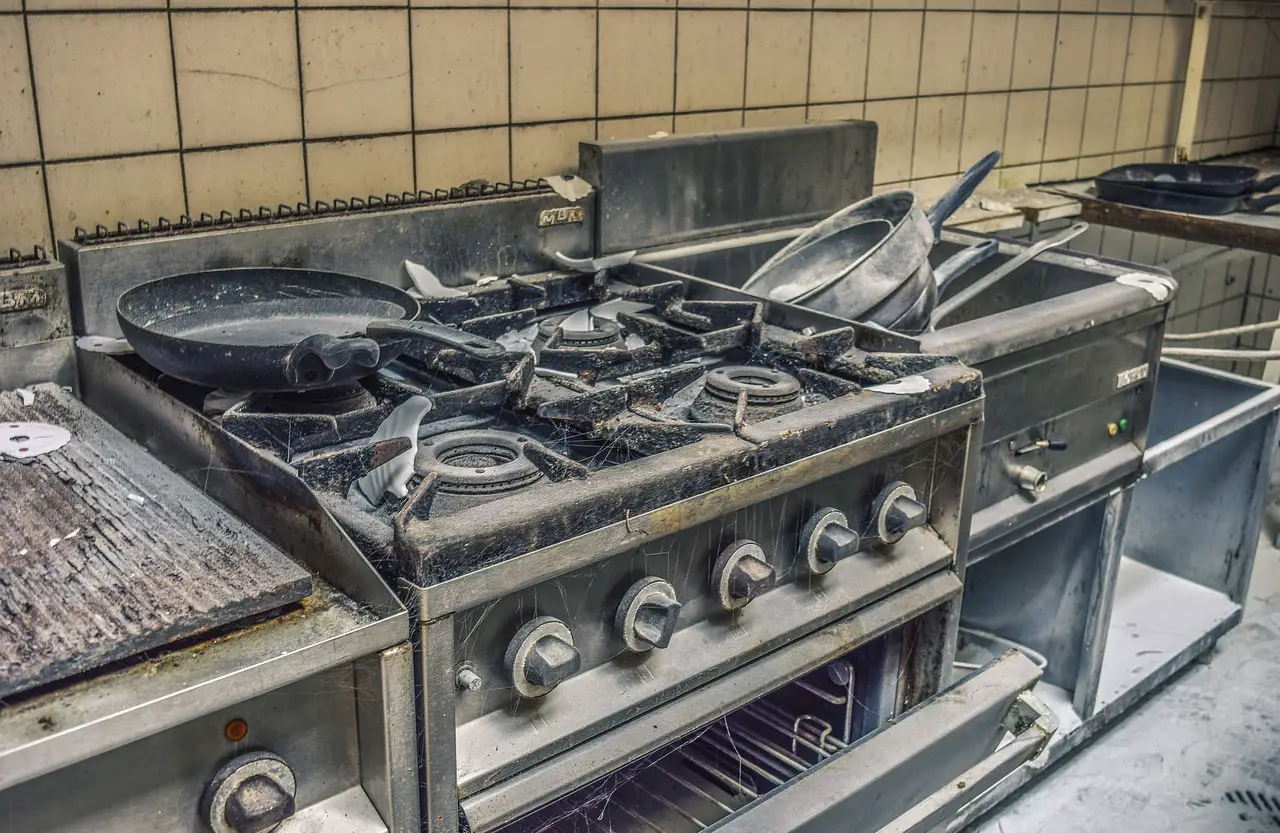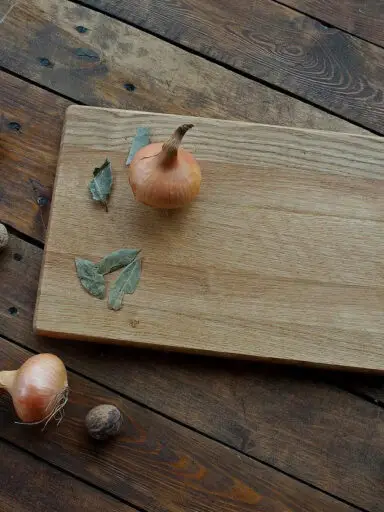The kitchen is the heart of any home, where delightful meals are prepared and memories are made. However, this inviting space can also attract unwelcome visitors in the form of kitchen pests. From ants and cockroaches to pantry moths and rodents, these intruders can quickly turn a clean and hygienic kitchen into a nightmare. Preventing and getting rid of kitchen pests is essential not only for the sake of your sanity but also to protect your food from contamination. In this comprehensive blog post, we’ll explore valuable tips and tricks to keep kitchen pests at bay and ensure a pest-free cooking haven.
Identifying Common Kitchen Pests:
Before diving into prevention and eradication methods, let’s familiarize ourselves with some of the most common kitchen pests:
- Ants: These tiny insects are attracted to sweet and sugary foods, crumbs, and spills. They can enter your kitchen through even the tiniest cracks and crevices.
- Cockroaches: Cockroaches are nocturnal pests that thrive in warm, moist environments. They feast on a wide range of food, including leftovers, grease, and even cardboard.
- Pantry Moths: Also known as Indian meal moths, pantry moths infest dry goods like grains, flour, cereals, and dried fruits. They can lay eggs in your pantry, leading to an infestation.
- Rats and Mice: These rodents are attracted to food scraps, open food containers, and clutter. They can carry diseases and contaminate your food and surfaces.
Preventing Kitchen Pests:
1. Store Food Properly:
Invest in airtight containers to store pantry items, such as grains, flour, and cereals. Keeping food in sealed containers not only prevents pantry moth infestations but also deters ants and cockroaches from accessing your food.
2. Clean Regularly and Thoroughly:
Maintaining a clean kitchen is crucial in pest prevention. Sweep, mop, and wipe down surfaces regularly to remove food particles and spills that attract pests. Pay attention to hard-to-reach areas like the gaps between appliances and countertops.
3. Take Out the Trash Daily:
Don’t let trash linger in your kitchen. Dispose of food scraps and trash daily, preferably in sealed trash bags. A trash can with a lid will help prevent odors from attracting pests.
4. Fix Leaks and Seal Cracks:
Check for and repair any leaks in your kitchen, as moisture attracts pests like cockroaches. Additionally, seal any cracks or gaps in walls, windows, and doors to prevent pests from finding their way inside.
5. Inspect Incoming Items:
When bringing groceries and other items into your home, inspect them for signs of pests before storing them. Pantry moths, for instance, can hitch a ride on packaged goods.
6. Keep Pet Food Sealed:
If you have pets, store their food in airtight containers to avoid attracting pests. Leaving pet food out overnight can also lure pests into your kitchen.
7. Clean Pet Bowls Regularly:
Clean your pet’s food and water bowls regularly, especially if they eat in the kitchen. Leftover food in the bowls can attract pests.
8. Maintain Your Garden:
If you have a garden, ensure that it’s well-maintained. Overgrown vegetation can serve as a breeding ground for pests that may eventually make their way into your kitchen.
Getting Rid of Kitchen Pests:
Despite taking preventive measures, kitchen pests can still find their way into your home. If you encounter an infestation, follow these tips to get rid of them:
1. Natural Pest Repellents:
Try using natural repellents to deter pests. For example, peppermint oil, vinegar, and lemon can help repel ants and cockroaches. Placing bay leaves in your pantry can also keep pantry moths at bay.
2. Traps and Baits:
Use traps and baits to catch pests like cockroaches and mice. There are various types of traps available, from sticky traps to snap traps, designed to capture different pests.
3. Diatomaceous Earth (DE):
DE is a natural, non-toxic powder made from fossilized diatoms. It’s safe for humans and pets but deadly to insects with exoskeletons, such as cockroaches and ants. Sprinkle DE in areas where pests are likely to travel, such as along baseboards and under cabinets.
4. Call a Professional Exterminator:
If the infestation is severe or you are dealing with dangerous pests like wasps or rodents, it’s best to call a professional exterminator. They have the expertise and equipment to handle pest infestations safely and effectively.
5. Empty and Clean Your Pantry:
If you spot signs of pantry moths or other pests in your pantry, empty it completely and inspect all items for signs of infestation. Discard any contaminated food and thoroughly clean the pantry before restocking it with fresh, properly stored items.
6. Practice Caution with DIY Remedies:
While there are many DIY pest control remedies available, exercise caution when using them. Some may be ineffective or even harmful to humans and pets. Always research and follow instructions carefully.
7. Prevent Re-infestation:
After successfully dealing with a pest infestation, take extra precautions to prevent re-infestation. Continue to maintain a clean and tidy kitchen, store food properly, and seal any entry points to keep pests at bay.
Conclusion:
Preventing and getting rid of kitchen pests requires vigilance and consistent efforts. By following these tips and tricks, you can create a pest-free kitchen environment that allows you to cook and enjoy meals without unwanted visitors. Remember, early detection and prompt action are key to preventing infestations from becoming more extensive and challenging to manage. So, stay proactive, practice good hygiene, and protect your kitchen from pesky invaders, ensuring a safe and enjoyable cooking space for you and your family.



